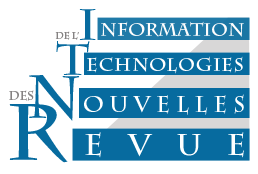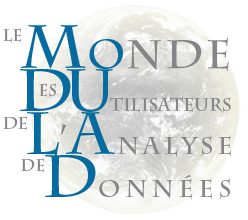Parcours éducatif optimal d'un patient: étude par simulation d'algorithmes adaptatifs
In EGC 2022, vol. RNTI-E-38, pp.257-264
Abstract
As part of a digital therapeutic education where the motivational aspect is preponderant, a
personalization of the patient journey must approach an optimal trajectory in a large space of
playful activities defined by a level of difficulty and skills to master. The machine must learn
from successes or failures to dynamically make recommendations for future steps and deliver
the most appropriate experience for each patient. By approaching this problem from the angle
of adaptive algorithms, we propose an original approach. We study two families of algorithms
(logical rules and bandits Thompson Sampling) by comparing their performances through a
simulation environment. The first results show an advantage for the TS bandit regardless of
the patient's learning characteristics.

